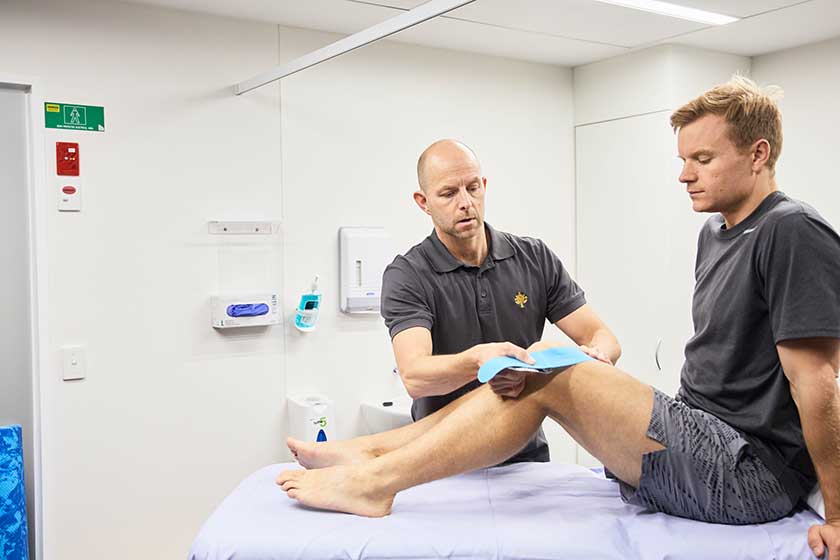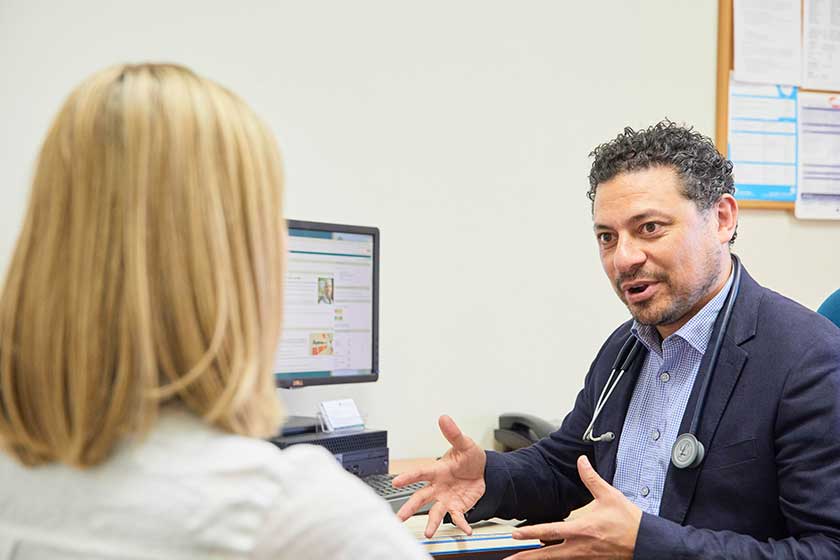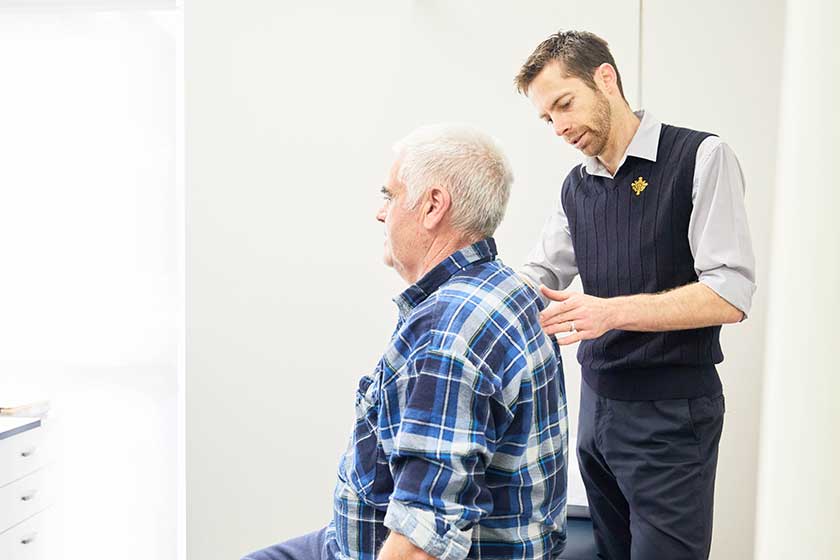1. Niggles and pains stop you living your best life
We often choose to ignore or put up with niggles and pains in our bones and joints for months and years on end.
Slowly and steadily these pains or niggles increase and start to impact on our daily lives.
All of a sudden you realise you have started to stop doing the things you love – playing tennis with friends, walking the dog, avoiding stairs, or playing with grandkids.
2. It’s important to know your options
As a private patient, you get a range of choices when it comes to your healthcare.
By speaking to an orthopaedic surgeon, they can present all of your options, including different surgery types, and the potential outcomes of each option.
They can also give you possible outcomes if you choose not to have surgery, providing you information about alternative options to surgery and the natural history of your condition.
Knowing your options and possible outcomes helps you make an informed decision about your healthcare.
While surgery may be recommended to help you get back to enjoying your life you can always choose not to have surgery.
3. Your physical health can take a toll on your emotional wellbeing
When you have a sore knee, back pain or a stiff shoulder, your primary thought is the initial pain.
However, when this pain stops you doing the things you love and enjoy your emotional wellbeing can take a hit.
It is always so rewarding to hear my patients say how much more they are enjoying life and feeling better emotionally once they can get back to doing their favourite past times.
4. Surgery isn’t inevitable just because you see an orthopaedic surgeon
This might seem counterintuitive when you first hear it, but just because you get referred to see an orthopaedic surgeon, doesn’t mean we are going to recommend surgery.
Sometimes we recommend a more conservative treatment option such as activity modification, medications, weight loss and possible steroid injections based on your overall wellbeing and your expectations.









